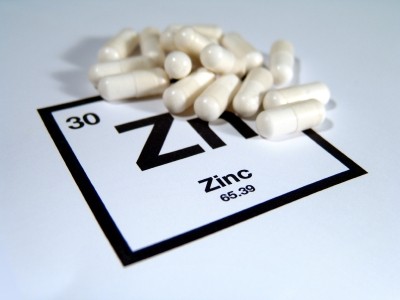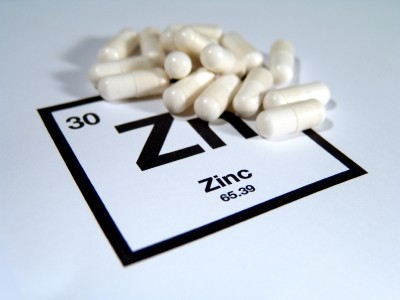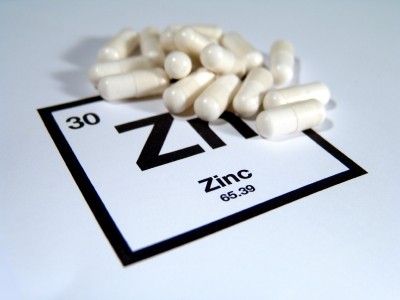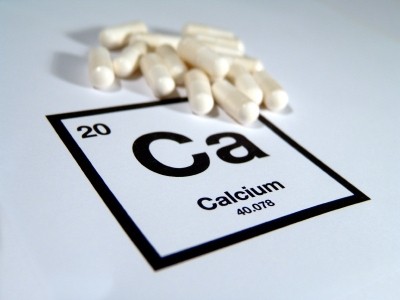Zinc status linked to immune responses and chronic disease, researchers suggest
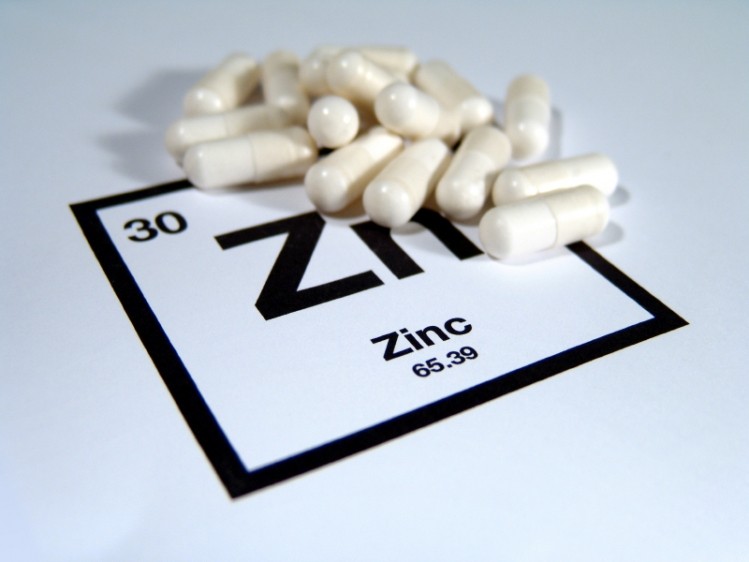
The study, published in Molecular Nutrition & Food Research, examined the effects of zinc deficiency on cellular immune activation and epigenetic mechanisms that promote inflammation after noting that many age-related immune defects, including chronic inflammation, coincide with declining zinc status.
Led by Professor Emily Ho from Oregon State University, the research team found that zinc appears to affect how the immune system responds to stimulation, especially inflammation.
Ho and colleagues showed that zinc deficiency brought about an increase in inflammatory response in cells. Indeed, the team were able to demonstrate, for the first time, that reducing zinc caused improper immune cell activation and dysregulation of inflammatory cytokine IL-6.
"When you take away zinc, the cells that control inflammation appear to activate and respond differently; this causes the cells to promote more inflammation," said Ho.
Zinc ‘double-whammy’
Zinc is an essential micronutrient required for many biological processes, including growth and development, neurological function and immunity. It is naturally found in protein-rich foods such as meat and shellfish, with oysters among the highest in zinc content.
Approximately 12% of people in the U.S. do not consume enough zinc in their diets. Of those 65 and older, closer to 40% do not consume enough zinc, Ho said.
According to Ho, older adults tend to eat fewer zinc-rich foods and their bodies do not appear to use or absorb zinc as well, making them highly susceptible to zinc deficiency. Indeed, around 40% of US adults aged over 65 do not consume enough zinc, she noted.
"It's a double-whammy for older individuals," Ho commented.
Research details
The study authors compared zinc levels in old and young humans and mice in addition to testing how reducing zinc levels impacted immune responses using in vitro cell cultures.
According to the findings, older mice had low zinc levels that corresponded with increased chronic inflammation and decreased IL-6 methylation, which is an epigenetic mechanism that cells use to control gene expression.
Decreased IL-6 methylation also was found in human immune cells from elderly people, Ho said.
Together, the studies suggest a potential link between zinc deficiency and increased inflammation that can occur with age, she commented.
According to Ho, there is no good clinical biomarker test to determine if people are getting enough zinc, so identifying zinc deficiency can be difficult. In addition, the body does not have much ability to store zinc, so regular intake is important.
However, she warned that getting too much zinc can cause other problems, including interfering with other minerals.
Source: Molecular Nutrition & Food Research
Published online ahead of print, doi: 10.1002/mnfr.201400761
“Zinc deficiency enhanced inflammatory response by increasing immune cell activation and inducing IL6 promoter demethylation”
Authors: Carmen P. Wong, et al
